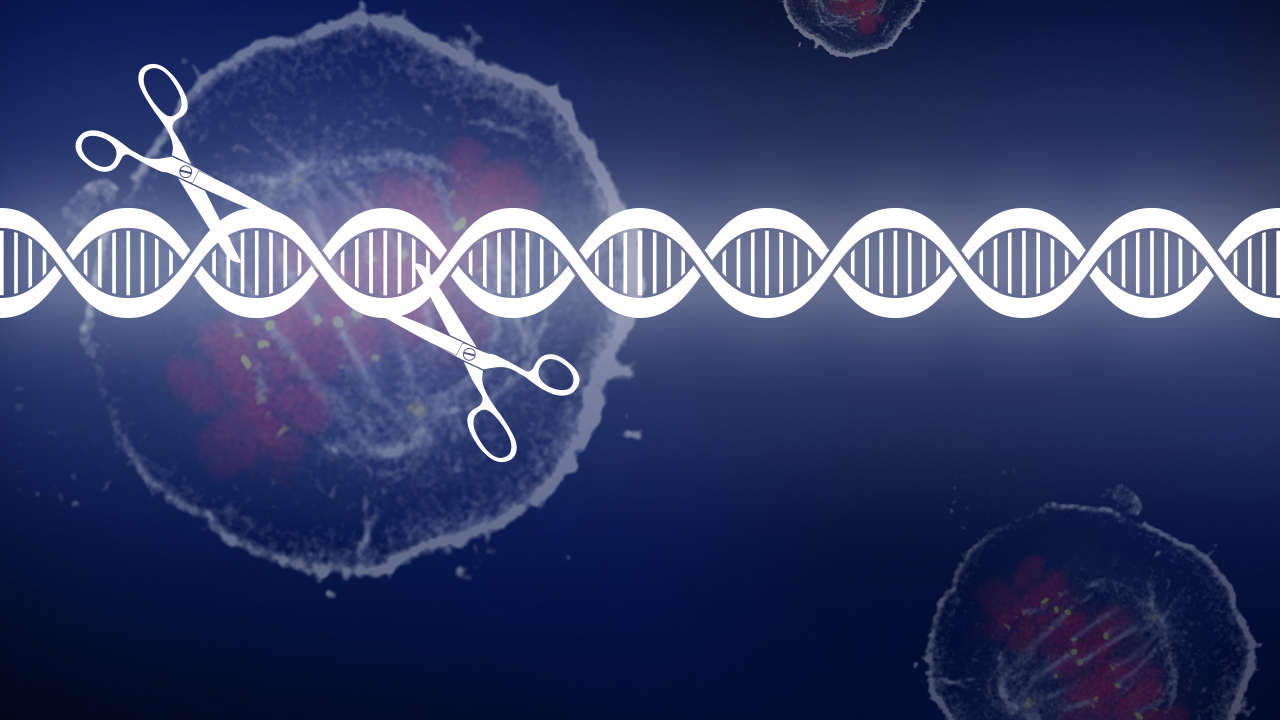The Dark Side of CRISPR
By Sandy Sufian and Rosemarie Garland-Thomson,
Scientific American
| 02. 16. 2021
Its potential ability to “fix” people at the genetic level is a threat to those who are judged by society to be biologically inferior
Americans have celebrated the fact that the Biden administration is embracing science and returning the country to evidence-based policymaking. We agree that science should guide policy—except in cases where it wouldn’t assist people to live their lives but would, instead, exclude them.
The CRISPR-Cas9 gene-editing technology, for which biochemists Jennifer Doudna and Emmanuelle Charpentier won the Nobel Prize in Chemistry, has the potential to do just that. So do other forms of scientific technologies. We should therefore always be aware of the ethical choices these technologies can pose.
In the case of CRISPR, those choices are complex. CRISPR has many functions; one of these is that it can be used to treat disease. Yet the far-reaching, more fraught promise of this technology—one about which scientists seem at once excited and cautious—lies in its ability to eliminate from the gene pool what medical science identifies as faulty or abnormal genes that cause difference in individual people. Certainly, goes the logic of CRISPR’s promise, the goal of ridding future generations of terrible diseases that cause suffering and death and deplete resources...
Related Articles
By Tamsin Metelerkamp, Daily Maverick | 11.18.2024
The National Health Research Ethics Council (NHREC) has confirmed that heritable human genome editing (HHGE) remains illegal in South Africa, after changes in the latest version of the South African Ethics in Health Research Guidelines sparked concern among researchers that...
By Bernice Lottering, Gene Online | 11.08.2024
South Africa’s updated health-research ethics guidelines, which now include heritable human genome editing, have sparked concern among scientists. The revisions, made in May but only recently gaining attention, outline protocols for modifying genetic material in sperm, eggs, or embryos—changes...
By Arwa Mahdawi, The Guardian | 11.19.2024
Photo "Elon Musk Presenting Tesla's Fully Autonomous Future" by Steve Jurvetson on Flickr (CC BY-NC-SA 2.0)
Is Elon Musk the dinner party guest from hell? It sure seems that way. Not only is the man desperate for people to...
By Colette Shade, The New Republic | 11.14.2024
Photo "Elon Musk" by Daniel Oberhaus on Flickr (CC BY-NC-SA 2.0)
Would Donald Trump have won reelection if not for the backing of the world’s richest man? We’ll never know. But that man, Elon Musk, gave Trump more than $130...




